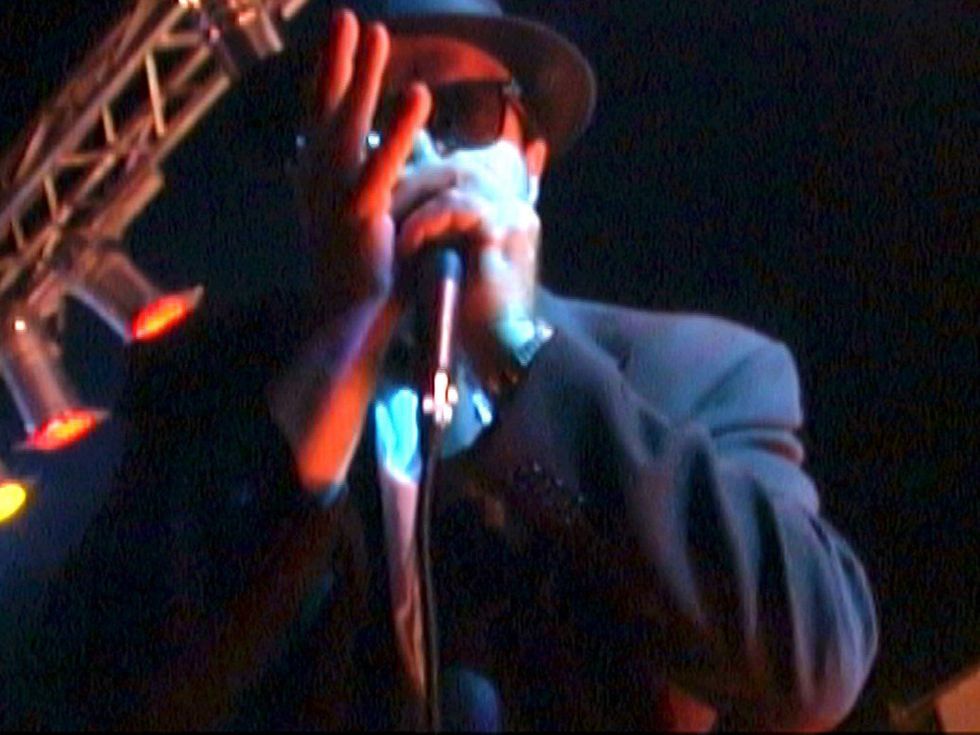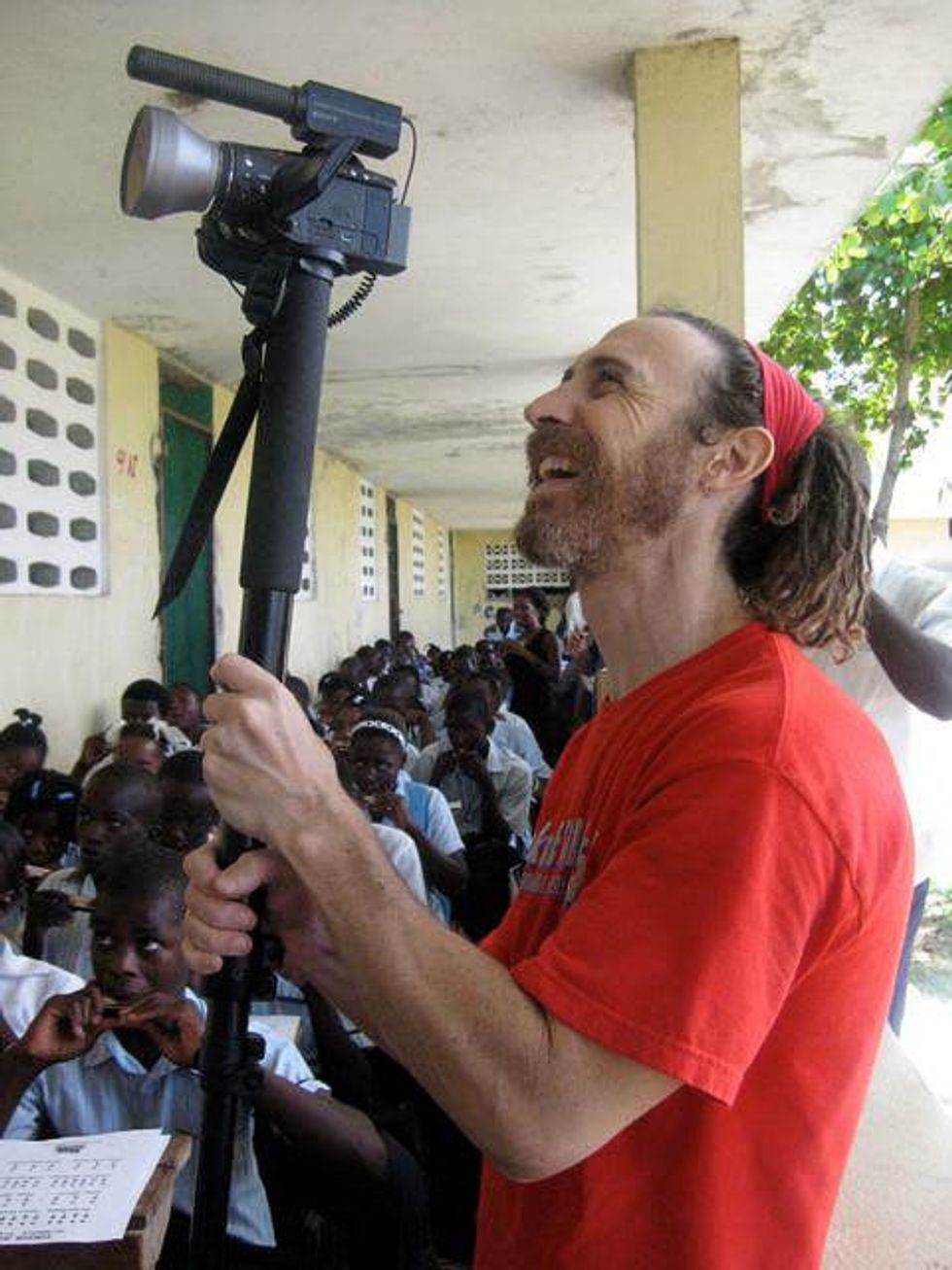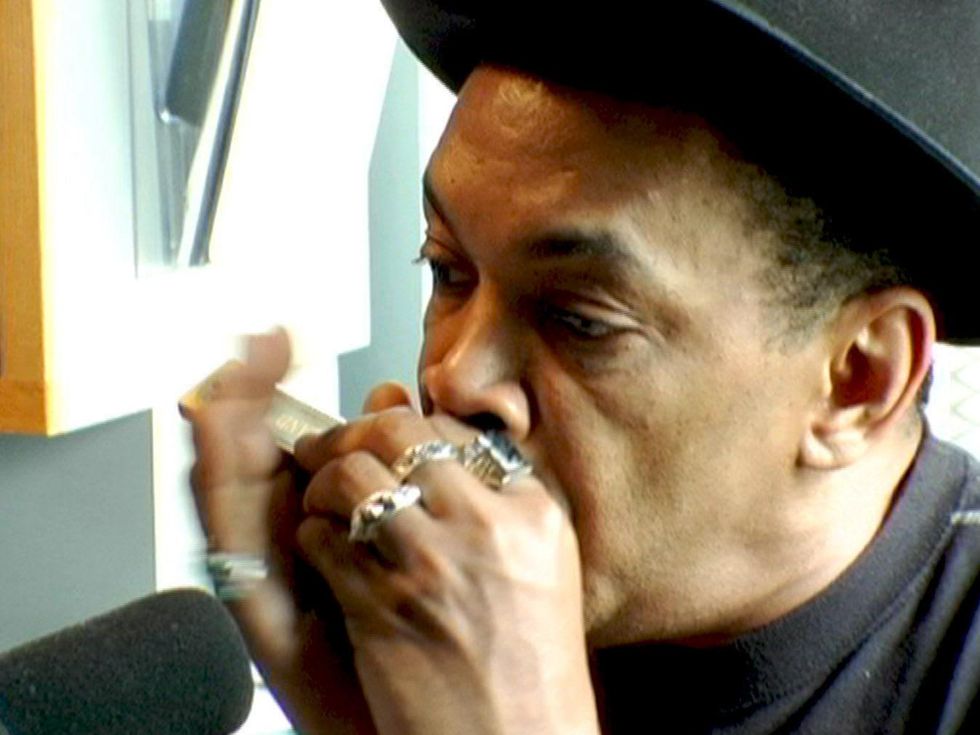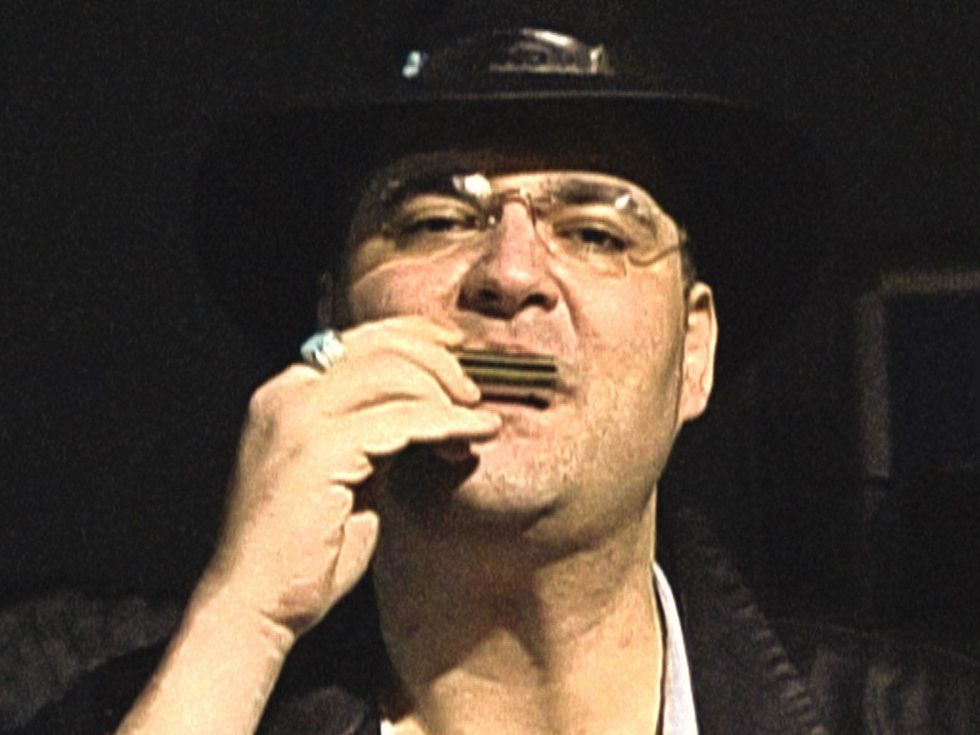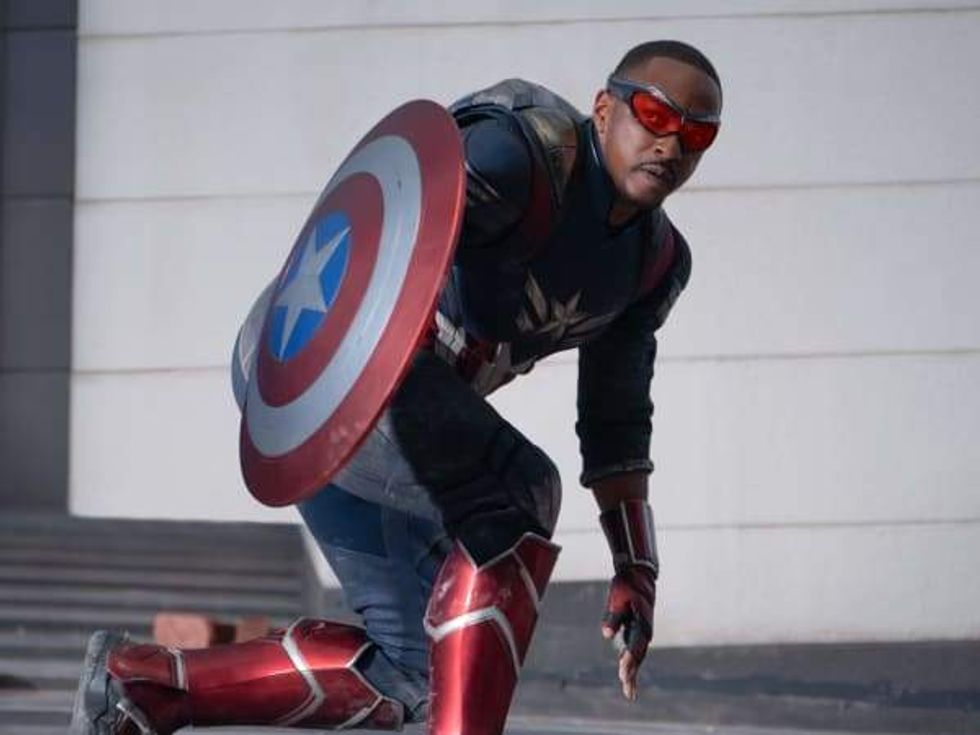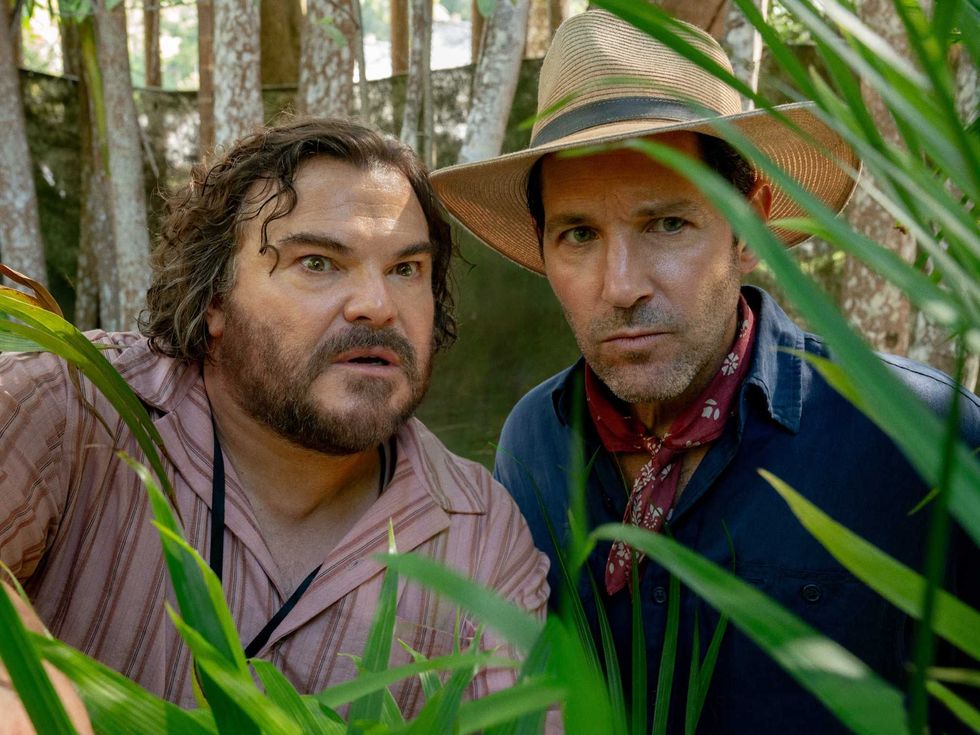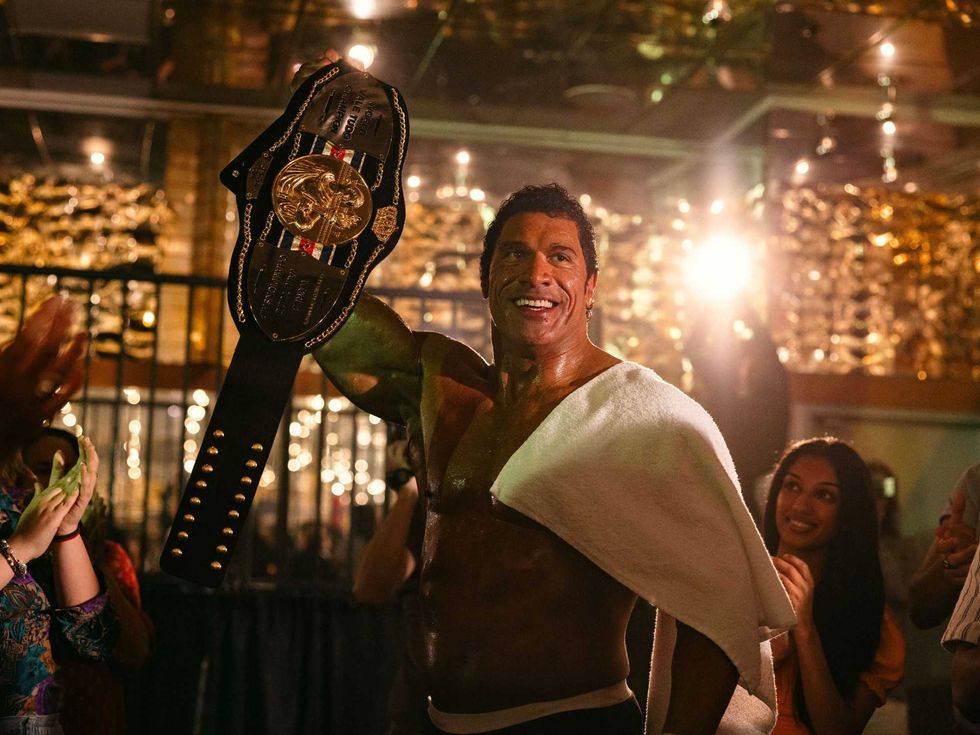Indie Flicks
Inside the harmonica cult: Oft-ridiculed instrument carries a surprisingly strong hold
More harmonicas are sold at toy mega chains than in specialty music stores.
Is that because it takes very little effort or expertise to make them play or because some regard the aerophone in a similar echelon as plastic recorders? They are relatively inexpensive, comparatively speaking, and as such, they're a plaything often gifted to children in hopes they entertain themselves creatively.
Because anything is better than mindless television.
Sure there are educational objectives that can be gained from their study, but does the public at large take harmonicas seriously?
Among favorite industry quips are: What do you call a person who hangs around musicians? A harmonica player. Why do dogs howl at harmonica players? To tell them how the song goes. What do you say at the end of a great harmonica solo? Thank God.
And my personal favorite, what do you call a harmonica player who doesn't step over the vocal lines? Deceased.
Despite the corny jokes — its fate not unlike the viola — when a harmonica virtuoso comes along, listeners swoon. They hosanna in a manner suitable to extolt a cult leader who's just delivered a harem full of lewd virgins. The word brother is tossed around. And a myriad of kegs are siphoned dry.
What do you call a harmonica player who doesn't step over the vocal lines? Deceased.
Yes, there's a subculture of harmonica buffs who are transfixed by the juxtaposition of its folk status, its simplicity and its raw prowess. In the hands of an experienced player, this mouth organ fumes the nostalgia of a wise sage who's telling it like it is, Americana-style. And that's what filmmaker Marc Lempert set to capture in Pocket Full of Soul: The Harmonica Documentary, screening at Landmark River Oaks Theater at 7:30 p.m. Thursday.
"It's been a struggle for the instrument to gain and maintain respect over the years," Lempert says. "The problem is in how the majority of people first had contact with the harmonica. There's a disconnect between the toy aspect — disrespected as the somewhat bastard child of the saxophone — and what it's truly capable of when a master takes charge."
It was by accident that Lempert embarked on a globe-trotting pilgrimage to dig up the roots of this little tuneful, portable gizmo. This Houston-native's informal music education in piano and guitar, and graduate degree in film directing from the University of California, Los Angeles, caused him to go back to the harmonica after participating in a project where the instrument was a bit player. When Lempert and Houston producer Todd Slobin came in contact with 500 harmonica aficionados at the Society for the Preservation of the Harmonica (SPAH) convention, he was sucked in.
"We felt that in order to get to the bottom of our research, we needed to track stories and anecdotes to follow what was appearing to us to be a very human instrument that delved into a subject imprinted in the human experience," the 41-year-old Lempert adds. "What's one to do but follow that muse?"
Lempert was amid parsing a phenomenon in the 1940s and 1950s when harmonica sales soared to 20 million units per year, a time when the blues harp was front and center of music groups, a time when its presence was felt across pop culture at large. The zeitgeist of the era preferred the chromatic harmonica, whose side lever shifts the sound up a half-step (the black notes on the piano), which today has largely been replaced by its diatonic cousin, an instrument that's associated with the ethos of blues and rock 'n' roll.
But the harmonica isn't of American provenance.
A tuneful journey
"The harmonica is experiencing a plateau, but its due for a resurgence, prime for a revival in popularity."
It hails from the edges of the Black Forest somewhere between Austria and Germany, dating back to the late 1700s, Lempert explains, and was built specially to accompany the polka. Matthias Hohner was the first to mass produce them in the mid 1800s with the first shipments starting to arrive in the U.S a decade later.
Nestled in between Stuttgart and Munich, Hohner's home, Trossingen in Baden-Württemberg, Germany, a charming town of 15,000 today, became the cradle of the harmonica, evinced by the establishment of the German Harmonica Museum and the World Harmonica Festival, the largest competition of its kind.
Whereas the recorder is the instrument of choice for early music education in the U.S., the harmonica fills a similar purpose in Asia.
"The harmonica's rise in popularity and its appropriation in American lore is partly due to the World Wars," Lempert says. "It became the thing soldiers put in their pockets. It boiled down to accessibility. It wasn't an expensive instrument; it's one that anyone could make sound. It's so directly connected to the organic act of breathing that one doesn't have to think about much to get better."
During his trip to the harmonica's birthplace, Lempert trailed Rob Paparozzi, on an Italian tour with the Original Blues Brothers Band. B.B. King, Dr. John, Bruce Springsteen, Carole King and Roberta Flack are among's Paparozzi's collaborators.
In Austin, local native singer/songwriter Guy Forsyth put on a wicked show at the Saxon Pub.
"Though Guy is a multi instrumentalist — and he plays all of them at a high level — the harmonica is a go-to for him," Lempert says. "When he gets it out, the melodies mirror his personality. And though there's always a possibility of the harmonica's tone to be a tad annoying — let's be honest here — there's nothing like that to be found in his sound."
Lempert caught James Cotton, who played with Muddy Waters, in a small amphitheater in Long Island. His affect seized a glimpse of the golden days of the instrument. Sugar Blue's commentary was recorded in a radio station in New Jersey. In Oakland, Magic Dick, who also played alongside Muddy Waters and was a founding member of the J. Geils Blues Band, and Jerry Portnoy, leader of the Legendary Blues Band, tore up a series of three sets, each one heightening in intensity. After a Houston gig, Huey Lewis agreed to lend his voice to the narration pro bono. Executive producer and Houston local businessman Ashok Rao worked behind the scenes to support the efforts.
"There's an intimate connection between the artist and the object. Once that connection is solid, it becomes an extension, a natural outcome of the breath."
Original and historical footage of Alvin the Chipmunk, Taylor Hicks, Mark Hummel, Lee Oskar, Annie Raines, The Harmonicats and Little Walter ratifies Lempert's movie thesis.
"The harmonica is experiencing a plateau, but its due for a resurgence, prime for a revival in popularity," he says." Take the economic atmosphere globally. People are still looking to be entertained, but there isn't much disposable income.
"If someone can pick up a cheap instrument and entertain the masses, don't you think we are onto something?"
Jumping on the bandwagon
The many interviews and concerts Lempert witnessed infected his musical blood. Before too long, he picked up a harmonica.
Lessons from some of the masters he met along the way concentrated on the movement of the breath as something tangible that flows in and out of the reeds. The difficulty, he says, is that the student can't see what physically is happening when playing. Trust, intuition and imagery are necessary to break through the stereotypes of the harmonica. He learned how to bend notes; and he gleaned why some say the person doesn't choose the harmonica, the harmonica chooses them.
"There's something about someone's personality that gravitates to the instrument," Lempert explains. "There's an intimate connection between the artist and the object. Once that connection is solid, it becomes an extension, a natural outcome of the breath."
Although he doesn't consider himself an accomplished harmonica player, he claims he can hold his own in jam session.
"Practice for 30 seconds a day and you will improve," he laughs.
With a price tag of less than $40 for a Hohner Special 20 Classic, I couldn't resist in joining in. What's there to lose?
___
Pocket Full of Soul: The Harmonica Documentary will screen at Landmark River Oaks Theater at 7:30 p.m. Thursday. Tickets are $11 and can be purchased online.
Pocket Full of Soul: The Harmonica Documentary, which includes footage of the Blues Brothers Band, screens at Landmark River Oaks Theater at 7:30 p.m. Thursday.
